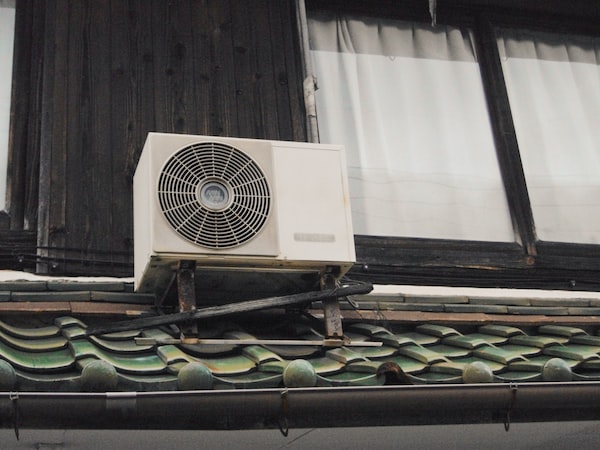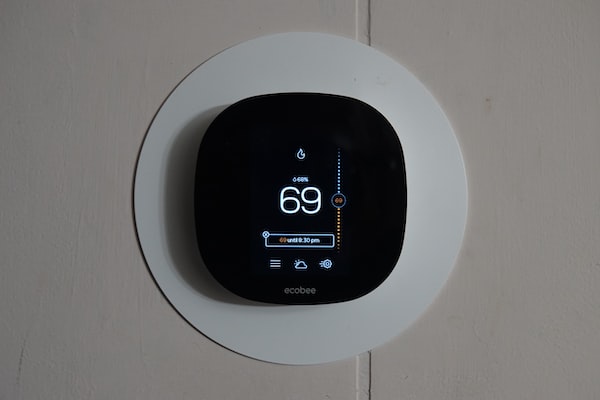Having the right air conditioning system in your home is important for more than just staying cool. It has a huge impact on your home’s comfort, energy efficiency, and even your overall health. With so many air conditioning systems on the market, it can be difficult to determine which one is best for your home, but one increasingly popular option is a zoning air conditioning system. However, many homeowners don’t understand the distinctions between different types of systems or how they work. Fortunately, there are resources that can help. If you’re in need of more information, keep reading to find out what a zoning air conditioning system is.
What is a zoning air conditioning system?

A zoning air conditioning system is a type of HVAC (heating, ventilation, and air conditioning) system that allows for different areas in a home or other building to be heated or cooled differently. It works by dividing the interior space into zones and controlling airflow individually in each zone. This allows you to customize temperature settings in different rooms or areas of your home according to user preferences, while still maintaining an overall comfortable environment throughout. Zoning systems also provide energy savings by only heating or cooling those parts of the house that are occupied at any given time.
Zoning systems consist of dampers placed within the ductwork that open and close based on signals from the thermostats installed in each zone. The thermostats sense the temperature inside their respective zones and communicate with a central control unit which then adjusts damper openings accordingly to maintain desired temperatures in each zone independently from one another. Many zoning systems also allow users to input preferences such as when they want certain rooms cooled or warmed based on occupancy schedules.
No matter what type of HVAC system you have, you need to maintain it properly if you want it to remain in good working order. That includes changing the filter at least once every 90 days, though many homeowners change their air filters on a monthly basis to ensure peak performance. You should also have the unit itself inspected annually by a technician.
How else can you maintain your preferred indoor temperature?

Now that you know more about the advantages of zoning air conditioning, let’s discuss some other things you can do to maintain a temperate indoor environment. For instance, you can make your entire HVAC system more effective by upgrading to a smart thermostat. Not only does it save you money, but it can make your home more comfortable by learning your habits and adjusting the temperature accordingly. Some models can even optimize your usage to be as eco-friendly as possible, lowering your carbon footprint.
The condition of your home can impact your indoor climate as well, particularly since air leaks can let in outdoor air, moisture, and even pests. This happens most often due to cracks and crevices in your home’s windows, which can worsen over time and cause serious problems. That’s why they should be dealt with immediately, usually by sealing them with caulk or weatherstripping. If you notice that your windows are severely damaged, then you may need to talk to a contractor about having them professionally repaired or replaced.
Overall, zoning air conditioning systems offer flexibility when it comes to customizing the temperature throughout a home while providing significant energy efficiency benefits over traditional HVAC systems by allowing homeowners to only heat or cool occupied areas instead of running them continuously. A zoned system can also improve air circulation and air quality, as well as lower your utility bills. You can further improve your environment by taking steps like upgrading to a smart thermostat and sealing air leaks. Follow this advice and you can be sure you’ll be comfortable at home all year round.
Read More:

